Silaja: A Digital Innovation by ELECTICS ITS Faculty for Optimizing the Corn Supply Chain in Indonesia
Faculty
Corn plays a crucial role in Indonesia’s agriculture and food security sectors, yet its productivity faces multiple challenges. Key issues impeding the development of this sector include low productivity, fertilizer shortages, limited cultivation technology, and unstable prices. Recognizing these challenges, a research team from the Information Systems Department at Institut Teknologi Sepuluh Nopember (ITS), led by Prof. Erma Suryani, ST., MT., Ph.D., developed the Silaja Information System as an innovative technology-based solution to address issues in East Java’s corn supply chain.
Silaja’s development was driven by the need to improve the sustainability of the corn supply chain. Key goals include enhancing the economic performance of corn cultivation, fostering eco-friendly practices through integrated smart farming, and boosting farmers’ income by promoting price transparency and industrial collaboration. The idea behind Silaja originated from a desire to create a digital system that connects various stakeholders within the corn supply chain to enable effective information sharing and collaboration. Before Silaja’s introduction, the corn supply chain in East Java encountered numerous challenges that affected farmers’ welfare and overall productivity. These challenges included low productivity, fertilizer scarcity, and underdeveloped institutions, leading to suboptimal farmer income. Fluctuating corn prices also posed a significant barrier to production growth. Given these conditions, Silaja was introduced as an innovative solution for more effective supply chain management.
Silaja features tools accessible to both general users and internal partners. These are divided into two main categories: General Features, available without login, and Internal Special Features, designed for partners like the Department of Agriculture, Department of Animal Husbandry, and corn industry networks. Key features include:
- Dashboard providing information on KPIs and corn distribution.
- Weather Forecasting offering a seven-day weather forecast from BMKG (the Indonesian Meteorological Agency).
- Planting Calendar assisting farmers in identifying optimal planting and harvest times.
- Digital Services delivering pricing information and guidance on corn cultivation.
Additionally, the system grants access to essential economic, social, and environmental data supporting the sustainability of the corn supply chain. With the support features and strategic information available to enhance production, Silaja helps farmers overcome challenges in corn cultivation. The system is also designed for scalability, allowing implementation in other regions of Indonesia as long as data and information are tailored to each area’s local characteristics. This scalability opens opportunities for Silaja to support the corn agriculture sector nationally.
Silaja is expected to have a positive impact on corn farmers and industry stakeholders. By offering transparent price information, guidance in cultivation, and accurate weather predictions, farmers can increase productivity and maximize income. Additionally, Silaja facilitates collaboration among farmers, government agencies, and industries through a digital network, promoting a sustainable supply chain.
Through Silaja, the corn supply chain in Indonesia can be managed more efficiently, transparently, and sustainably. This application supports not only economic aspects but also considers social and environmental dimensions, establishing a solid industrial network for the sustainability of the corn commodity. Prof. Erma Suryani and her team hope that Silaja can pioneer the use of information technology in managing agricultural supply chains in Indonesia, benefiting farmers, industry, and the national economy as a whole.
Latest News
-
Success Story of IoT Implementation: Salt and Drinking Water Production for Gili Genting Island
Gili Genting Island, Madura, is known for its high seawater salinity, ranking second in the world after the Dead
-
Faculty of Marine Technology – ITS Conducts Collaboration Exploration with Semarang Maritime Polytechnic (PIP)
Faculty of Marine Technology - ITS Conducts Collaboration Exploration with Polytechnic of Marine Science (PIP) Semarang Date: March 11,
-
The Journey of an Electrical Engineering Student to Success with Nogogeni ITS
The Nogogeni team from Institut Teknologi Sepuluh Nopember (ITS) once again demonstrated its commitment to innovation in energy-efficient vehicles.







